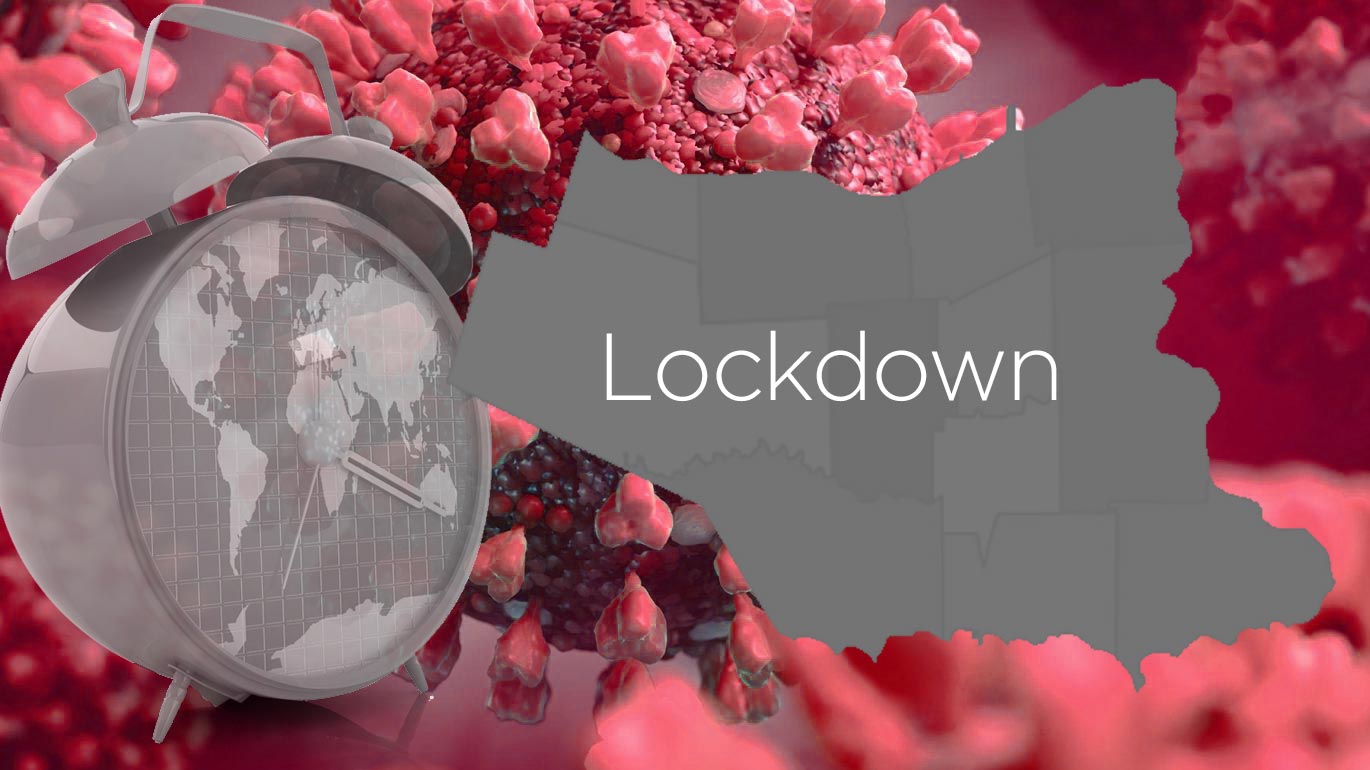
The Government of Ontario has been forced to announce that the Niagara region, along with the entire province of Ontario, will be locked down under the COVID-19 Response Framework, effective as of 12:01am on Saturday, December 26th. These restrictions will end no sooner than January 23rd. Not all areas may move out of lockdown at the same time. Premier Ford has asked all Ontarians to stay at home and leave only when absolutely necessary.
The GNCC offers this summary of the new measures which your business may have to implement. If you have any questions, please contact the Ontario Stop the Spread business information line at 1-888-444-3659.
- All organized indoor public events, meetings, and gatherings are now banned. Members of the same household may still gather, and people who live alone can gather with one other household.
- All meeting and event spaces are closed. Exceptions may be made for childcare and day camps for children, court services, government services, mental health and addiction support services, or provision of social services. In these cases, attendance is limited to ten people with a strict minimum of two metres distance between attendees.
- Outdoor organized public events are limited to ten people. “Organized public events” means events and gatherings where there is a staff complement who are not guests at the event and can supervise physical distancing, mask usage, hand hygiene, and so forth. A two-metre distance between all people must be maintained. If the space is not large enough to accommodate ten people with a two-metre distance, occupancy must be reduced.
- The following retail stores may remain open at 50% capacity:
- Supermarkets
- Convenience stores
- Indoor farmer’s markets
- Other stores that primarily sell food
- Pharmacies
- The following retail stores may remain open at 25% capacity:
- Liquor stores
- “Big-box” stores offering groceries
- The following retail stores may remain open by appointment only:
- Motor/recreational vehicle sales
- Safety supply stores
- All other retail stores must close. Delivery and curbside pick-up are permitted for all stores.
- Malls must close. Stores within malls that may remain open are excluded subject to screening and distancing requirements (e.g. grocery stores or pharmacies). Malls may designate pick-up areas outside for stores offering pick-up service.
- Schools will be closed until January 8th. All elementary students will learn online from January 8th until January 11th, when they are expected to return to school. Secondary students will learn online from January 8th until they are expected to return on January 25th.
- All indoor and outdoor dining at bars, restaurants, mall food courts, and other food and drink establishments is banned. Take-out and delivery may continue.
- All employees able to work remotely should immediately begin doing so. Only employees whose work is both essential and cannot be performed remotely should be on-site, and should continue to be screened for symptoms upon reporting for work.
- All personal services are banned. This includes (but is not limited to) hairdressing/barbering, tattooing, estheticians and other beauty services, personal trainers and personal shoppers, and house sitters.
- Realtors may continue to operate. Showings must be by appointment only.
- Tours and tour guides are not permitted to operate.
- No new short-term rental reservations made after November 22, 2020 are permitted. Exceptions will be made for individuals who have no other housing.
- Domestic and cleaning and maintenance services are permitted. This includes housekeepers, cooks, maids and butlers, personal affairs management, nanny services and babysitters, other domestic personnel, and house cleaning.
- Outdoor cleaning and maintenance services are permitted. This includes indoor or outdoor painting, pool cleaning, and general repairs.
- Hotels and motels may remain open. Any pools, fitness centres, meeting rooms and other recreational facilities must be closed.
- Marinas, boating clubs, and golf courses are open for outdoor use only. All indoor facilities are closed.
- All casinos, bingo halls, and gaming services are closed.
- Amusement parks and water parks are closed.
- Bathhouses and sex clubs, including strip clubs, are closed.
- Campgrounds are only open to owners of a trailer or recreational vehicle who have no other housing or who have a full season contract. Campgrounds without electricity, water service and facilities for sewage disposal must close. All recreational facilities in campgrounds and all other shared facilities, other than washrooms and showers, must be closed. No new reservations after November 22, 2020 are permitted, except for individuals who have no other housing.
- Boarding kennels and stables are only open to animal owners. Access is restricted to care, feeding, or (if applicable) riding of the animal.
- Only essential trips outside the home should be made. This includes work, school, groceries/pharmacy, health care, assisting vulnerable individuals or exercise and physical activity.
- Religious services, weddings, and funerals are limited to ten people indoors or outdoors.
- All indoor gyms, fitness studios, and other athletic/recreational facilities must close. Exceptions will only be made for high-performance and professional athletes using facilities alone, or for specified purposes such as child care or day camps.
- Outdoor recreational facilities may remain open. No team or contact sports may be played.
- It is strongly recommended that retail stores and malls limit their capacity. This is not a requirement beyond existing policies on occupancy limits and physical distancing.
- Community centres and multi-purpose facilities may open for limited activities. This includes child care services, day camps, or social services.
- Child care remains open. Non-essential workers are able to utilize child care services. Operators of before and after school programs that are required to close from January 4-8, 2021 are prohibited from charging fees or penalizing parents during this time period.
- All cinemas are closed. Drive-in theatres may remain open.
- Theatres are closed and performances for a live audience are banned. Rehearsal or performance for recording or broadcast is permitted, but singers and performers using brass or wind instruments must be separated by an impermeable barrier such as plexiglass.




